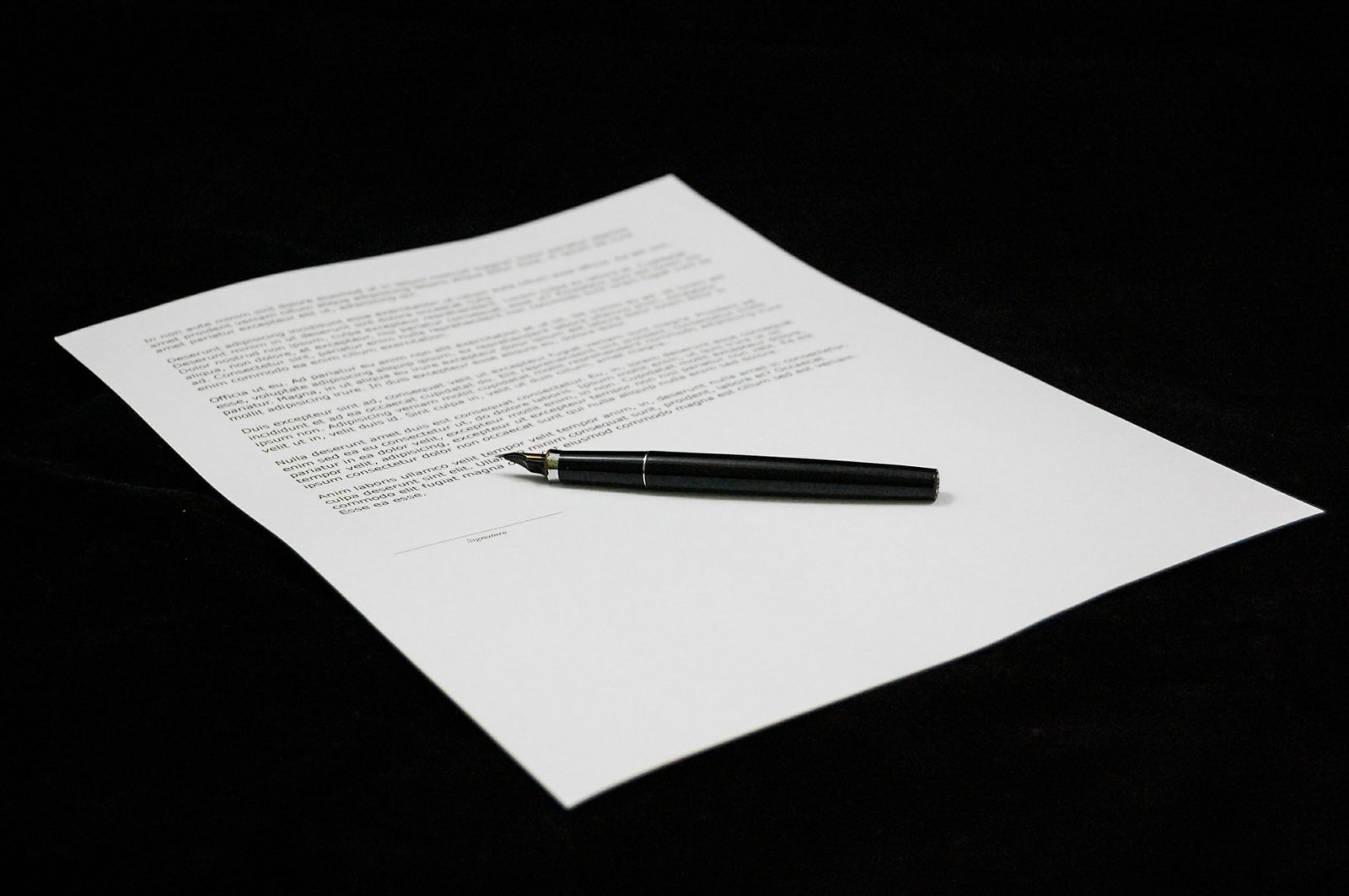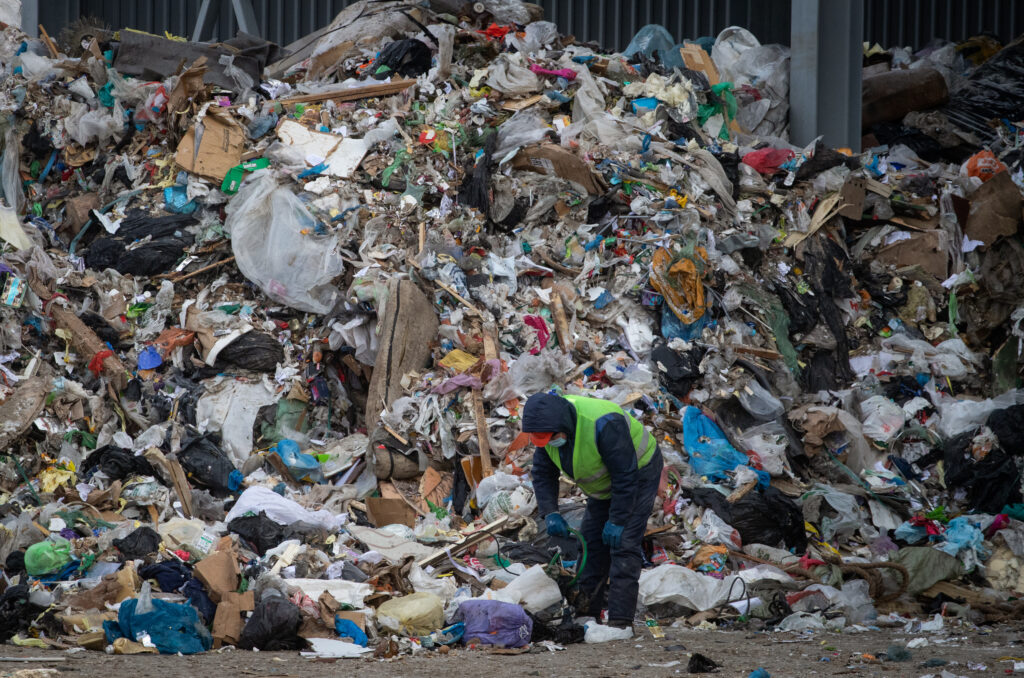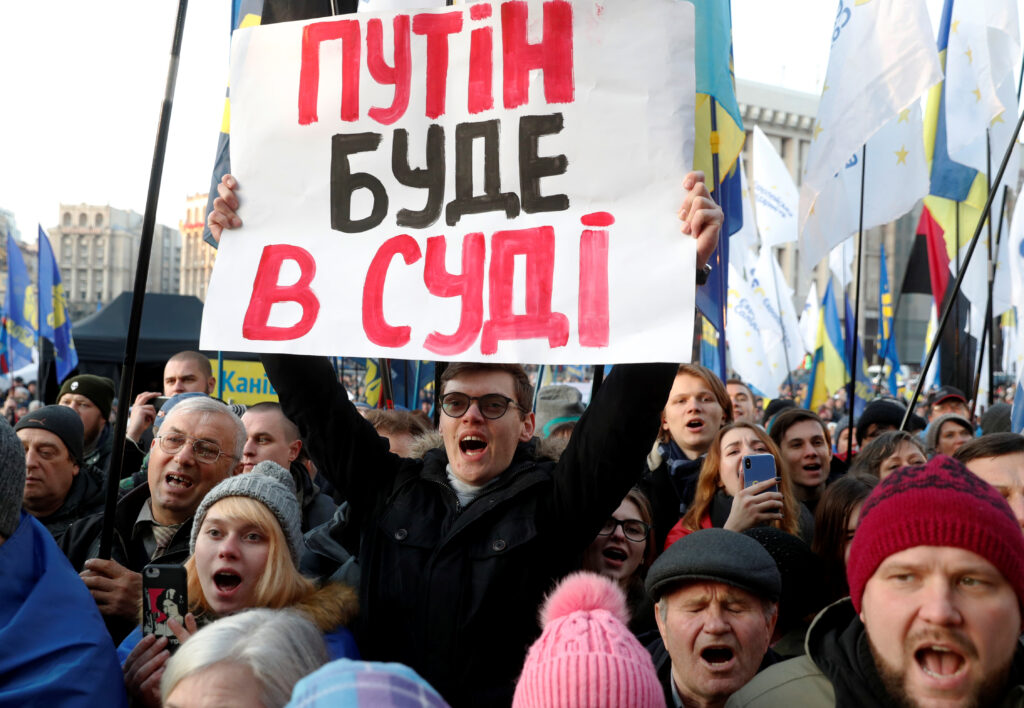The amount of political freedom and competition in the “wild” 1990s incited sincere and emotional political statements; some violated the now-infamous Article 282 of the Russian Criminal Code (incitement to hatred or enmity, as well as abasement of human dignity). The number of legal proceedings under this article was small back then; it was difficult to bring real neo-Nazis and anti-Semites to justice. Historians recall that the liberal public was outraged by the scandalous hearings of Colonel Makashov (who was threatening Jews at a rally) and the trial of Korchagin, the publisher of the famous “Protocols of the Elders of Zion”. Charges against Makashov were dropped altogether, despite public protests, and Korchagin, who was sentenced for his anti-Semitic publications, was granted amnesty on Victory Day.
Resentment of radicals getting an easy ride led political scientists and sociologists to actively engage in calls for clampdowns on free speech – not only in public activities against the spread of neo-Nazism, but also in conducting expert analyses (officially introduced by the Guidelines from the Prosecutor General’s Office in 1998 as evidence in investigations of violations under Article 282 of the Russian Criminal Code). These guidelines, created with the active participation of psychologists and linguists, ensured them leading positions as experts in evaluating the social danger of certain statements.
One of the vaguest parts of these guidelines is the defining of “incitement” to mean spreading “negative instructions”, allegedly determined by psychologists and linguists, following the logic of the Prosecutor General’s Office. Currently, the Russian school of specialised legal appraisal is heading in this direction. Regardless of the diversity of research methods at their disposal, the main problem seems to be that, while focusing on the wording of statements, the linguists and psychologists are actually omitting the most important part – context.
The school of social and humanities appraisal, created by Nikolai Girenko at about the same time, assessed the threat level of certain texts by the effect they had in a real historical or socio-political situation. Consequently, its analyses looked into the texts’ meanings in social and political contexts, rather than just reviewing texts on their own. The peculiarity of the Russian procedure is that only the courts and, in some cases, the official investigators, can order an appraisal. As a result, the defence has almost no influence over the process and substance of appraisals; it can only present an alternative opinion. The courts do not consider this an “expert opinion” and, according to existing case law, they often ignore or dismiss alternative opinions, since they already have a “completely unbiased appraisal”. At the same time, on numerous occasions, they order expert appraisals of issues that, according to common sense, should not be researched through such appraisals.
For example, the author of this text once had to deal with a request to evaluate the social threat level of a “Beat the Jews, save Russia” slogan sprayed on the walls of a building belonging to the Jewish community, and whether it contained calls for extremism. The investigator asked me, as an expert, 17(!) questions, designed to fully ascertain whether it provoked enmity at all, and if so, against which group…
Combined with a high degree of vagueness in the law itself, this has led to an effect which has been ineptly dubbed “expertocracy” – a situation, in which expert opinions are used as the basis not only for indictments, but also verdicts, and are often even quoted word-for-word.
This situation gives rise to fantastically absurd allegations, built on the equally absurd “expert” opinions of people who have long been engaged in becoming successful professionals in specialised legal appraisal (according to the number of convictions). As an example, we can recall Batov and Kryukova, who were responsible (I can barely bring myself to write about their professional responsibility here) for convictions according to “extremist articles” for “Kill the Slave inside Yourself” T-shirts.
At the same time, it cannot be said that only deranged experts are appraising cases involving these articles, or that the verdicts passed are always blatantly unlawful: quite a lot of sentences are related to real neo-Nazi activities, including active incitement to violence on racial, ethnic, national or religious grounds.
This legislative uncertainty, however, has turned into some sort of repressive weapon in the hands of those who use these articles to prosecute the opposition, or accidental members of the public, for incautiously expressing their opinions.
The authors of a recent review of how anti-extremist legislation has been applied came to the conclusion that “the lack of clarity and inconsistency of the legislation results in a situation in which it is insufficient for the courts to use just common sense and ‘general knowledge’ to qualify an action as extremist”.
As a result, according to the authors, the investigators are not just setting experts a specific task, but relying on them to specify and define the meaning of certain legal terms proposed by lawmakers. This situation seems to be an excellent illustration not only of how anti-extremist laws are applied, but also of a recently introduced new law, which can generally be described as a number of legislative measures to protect traditional values and state sovereignty from alleged “Western” threats. Above all, this concerns the laws on “foreign agents”, “insulting the sentiments of religious believers” and “LGBT propaganda”. In all these cases, appraisals have always been used to directly violate people’s constitutional rights under the banner of protecting children or believers.
The above-described laws have mobilised social scientists with conservative-protective views. For example, the appraisal initiated by the Ministry of Justice to define “political activities” demonstrates that, since there is no clear definition of what a political activity is, the experts (often former MIA and FSB affiliates) deemed not only critical, but even positive opinions expressed regarding the state and its policies to be political activities. The appraisal was later used to issue an arrogant “clarification” of the provisions of the law on foreign agents, in which any public NGO activity is equated with “political activity”. The same applies to appraisals of the so-called “LGBT propaganda” cases: using the Constitutional Court’s obviously discriminatory ruling concerning “social disparity of homosexual unions” due to some special “national traditions”, the courts, with the assistance of experts, are constantly delivering verdicts in cases, in which not only positive, but any mention of the LGBT community is branded as propaganda. The most recent example is the case of an activist from Saratov, Evdokia Romanova, who was accused of “propaganda” for, among other things, sharing an article from The Guardian (we should point out that the expert here is the same Professor Makhmudov who at some point found Nazi propaganda in the Russia-88 movie).
The situation with cases related to religious extremism is essentially the same. Experts with conservative-protective views involved in evaluating cases related to religious minorities, provide proof of such communities’ destructiveness, like in the recent case against Church of Scientology members from St. Petersburg. According to the investigators and the opinion of experts hired by the prosecutor’s office, they incited enmity against a social group they considered to be a “source of trouble”. The very language used casts doubt on the competence of the appraisal performed, but this is a good illustration of another, even more serious problem in the application of this law.
The point is that not only are the courts de-facto failing in their duty to evaluate the applicability of expert analyses as evidence. Experts, too, often use the vagueness of the legislation to defend “traditional values” and “state sovereignty” from imaginary threats. Contrary to how things were in the past, such a stance is often used by the state and investigative bodies to actively promote this kind of appraisal for later use against the opposition, human rights defenders, and representatives of religious minorities. This situation has already been reflected in ECHR rulings. In its verdict on the case of Stanislav Dmitrievsky, the European Court expressed its opinion about the quality of expert appraisals used in this case, and the serious faults in the existing Russian legislation and the way it is applied.
The initiative of the late 1990s’ liberal intelligentsia to defend minorities from discrimination has thus been actively taken up by the authoritarian state and law-enforcement agencies, leading to the emergence of punitive appraisal as an institution, represented by scientists with conservative-protective views. This institution is being used in Russia with ever greater frequency.










